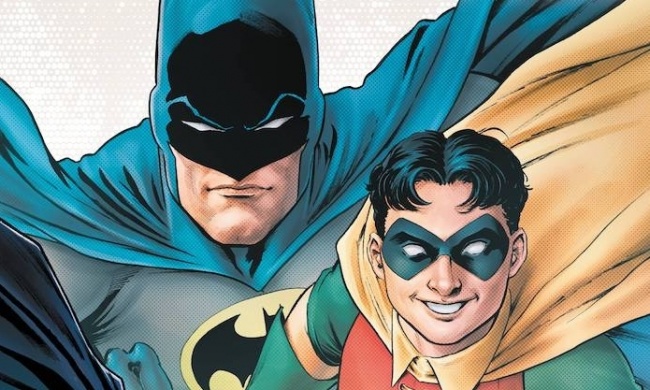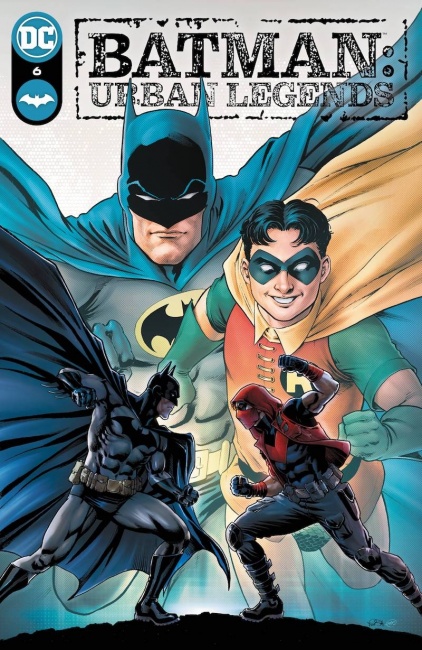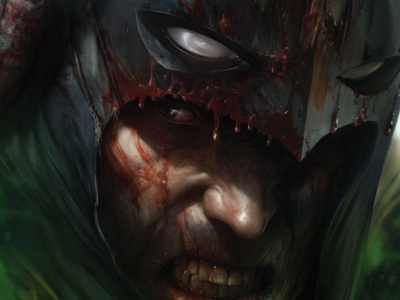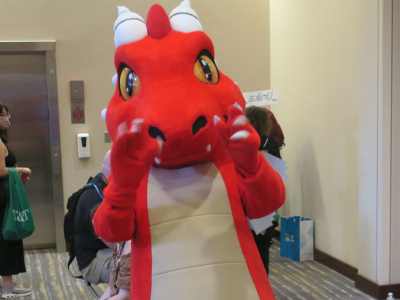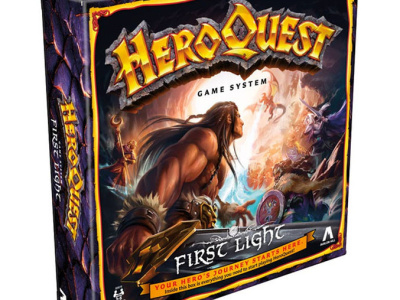The Robin in question is Tim Drake, and the big news doesn’t come as a total surprise. As Alex Jaffe, speaking for DC, wrote on the DC website, “Your headcanon is real: Tim Drake dates boys.” That’s actually a big deal too, as DC officially acknowledged that readers have been pairing off Robins with same-sex partners for years, speculating that friendships might be something more.
So it’s appropriate that it’s Tim Drake’s old friend Bernard, who triggers the realization in the story by writer Meghan Fitzmartin and artist Belen Ortega in Batman: Urban Legends #6. Tim and Bernard’s meet-up is disrupted when Bernard is kidnapped, and after Robin rescues him, Bernard asks Robin to let Tim know “He helped me realize my true self…. Tell him I wish we could have finished our date.” You can almost see the light bulb over Robin’s head. He has recently broken up with his girlfriend, for reasons he can’t articulate, and after the kidnappers have been safely dispatched, Tim drops by Bernard’s house, Bernard asks him out for a second date… and Tim accepts.
Jaffe explains why this is important: “For a certain, significant portion of Batman readers, the Gotham Outsiders who have always found themselves looking in, it’s a moment which we’ll continue to be talking about, to be celebrating, for years. The moment that queer fans were—not through subtext, and not through permissible “point of view” reading—but unabashedly, textually supported for the first time since Kate Kane was kicked out of West Point. The moment that a Robin, any Robin, but particularly a Robin with history and legacy and now decades of queer-coded readings under his utility belt, was allowed to be the queer icon he’s always been.”
And Fitzmartin was emphatic, in an interview with Polygon, that Tim's new discovery is the beginning, not the end, of the story. “I wanted to pay tribute to the fact that sexuality is a journey,” she said. “To be clear, his feelings for Stephanie have been/are 100% real, as are his feelings for Bernard. However, Tim is still figuring himself out. I don’t think he has the language for it all... yet.”



